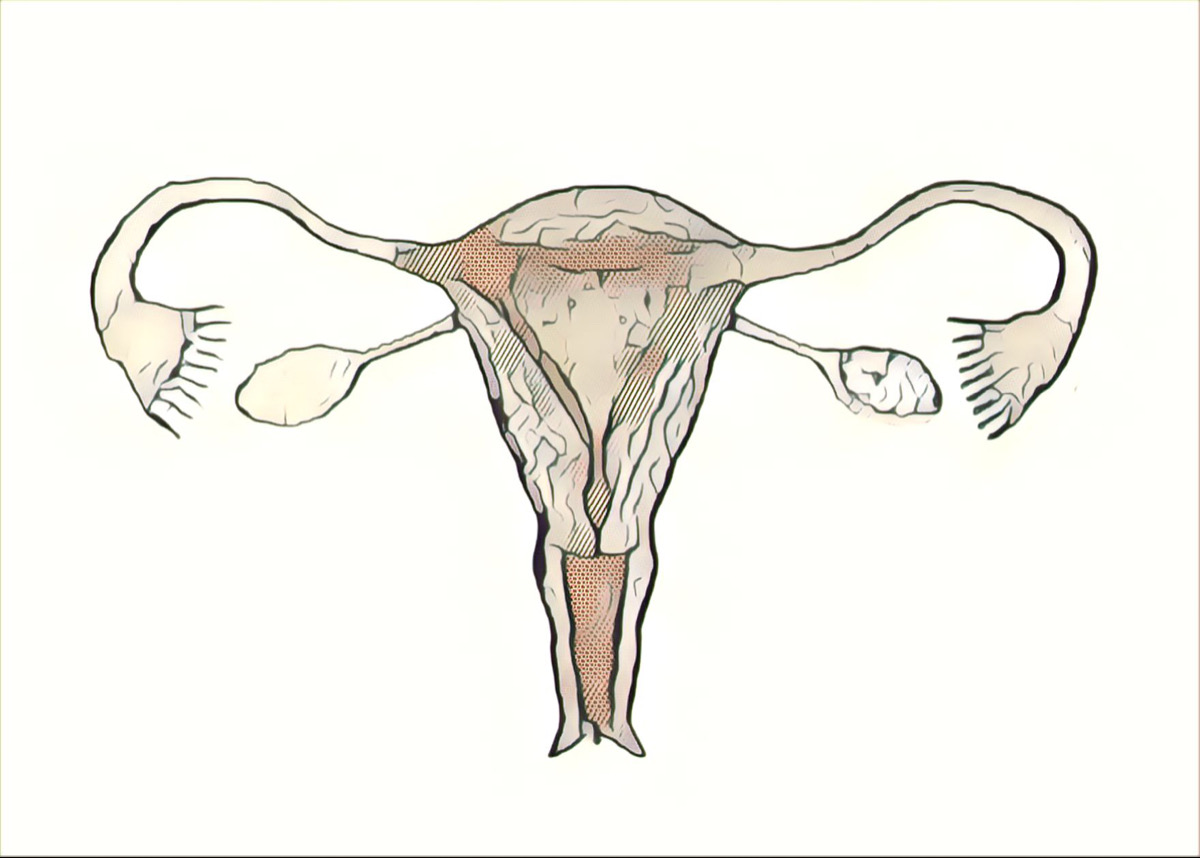This week on The Leak we are delving into the wisdom of Angela Hywood as she writes for us about the hormones connected to our menstrual cycle, enjoy!
Hormones and their feedback mechanism are an extremely complex ecosystem within our body. Endocrinologists have been studying hormones for decades and still, we know very little about them. But we do know a few important things, and one is that hormones can be stimulated or suppressed by external influences (the world we live in, stress), just as significantly as they can be influenced by internal influences (nutrition, biochemical changes). We have to remember that hormones are the messengers delivering instructions to all organs, tissues and systems in our body.
The master endocrine gland is the hypothalamus – likened to the conductor of an orchestra – and is located deep in the brain. The hypothalamus listens for the hormonal messages coming back from our organs, glands and tissues and then advises the pituitary gland to send messages out to the body’s other numerous glands in order to create hormonal harmony. The hypothalamus and pituitary glands are working for us around the clock to help guide harmony in our body, to encourage survival, to relieve the effects of stress, to assist with digestion, to regulate sleep wake cycle and to support fertility.
A healthy menstrual cycle relies entirely upon a healthy hypothalamus – pituitary – ovarian balance (medically referred to as the HPO Axis). It starts by the hypothalamus listening to hear the messages sent from both the ovaries and adrenal glands – it detects how much oestrogen these glands are producing and how much progesterone is in production from the corpus luteum (the tiny gland in the ovary resulting each month from ovulation). The hypothalamus triggers the pituitary to produce a few key hormones at the beginning of each menstrual cycle. FSH (follicle stimulating hormone) primes the ovaries to mature follicles (containing eggs). FSH rises in concentration until just before ovulation. A few days before ovulation, the hypothalamus recognises peak FSH levels indicating the eggs are now mature, and then instructs the pituitary gland to produce Luteinizing hormone (LH), which triggers the release of the strongest, healthiest egg. Ovulation!
Oestrogen is produced from the ovarian follicles right through the month. As the follicles get larger and stronger, more oestrogen is produced. If the ovaries aren’t producing enough oestrogen, the pituitary will pump our higher levels of FSH, to ask the ovaries to work harder.
After the event of ovulation (the release of the egg from the follicle), the open follicle is transformed into a temporary gland, the corpus luteum. The corpus luteum begins to produce progesterone for the post ovulatory phase in the woman’s cycle. Progesterone is the hormone of pro-gestation (pregnancy). Progesterone sends signals to the lining of the uterus and asks it to thicken, ripen and prepare itself for pregnancy. All the while, the hypothalamus and pituitary are listening to these messages via feedback. In the event that the egg is not fertilized and a conception does not result, the hypothalamus and pituitary direct the corpus luteum to wither, as a result the progesterone levels drop and the shedding of the uterine lining begins. The corpus luteum becomes a tiny what scar on the wall of the ovary, in Latin the corpus albicans.
Other hormones can interfere with this cycle, resulting in imbalances of oestrogen and progesterone. With this comes PMS, delayed ovulation, heavy bleeding, clots and period pain. The key hormones known to upset the delicate cycle are prolactin and cortisol. Prolactin is produced in the pituitary gland and should be released in only very low levels through the cycle. However, in the event of stress (emotional, environmental, physical, nutritional, biological), prolactin is over stimulated by the stress hormone cortisol. Research has linked elevated prolactin to PMS, Polycystic ovarian syndrome (PCOS), delayed ovulation, heavy periods, infertility and low progesterone levels. Considering elevated prolactin is a result of elevated cortisol (most commonly), what really tips the balance is stress. Your emotional experiences, no matter how big or small, have a profound impact on the dynamic harmony of your hormones. Our body recognises stress as elevations of cortisol and decreased levels of the protective, anti-aging longevity hormone DHEA. Not only has elevated cortisol been linked to female hormonal imbalances, it is also closely associated with immune suppression (especially natural killer cells, which are responsible for cancer prevention), osteoporosis, hypertension, anxiety and insomnia.
Hormones are our body’s means of connecting our external world to our body’s internal world. Hormones will fluctuate with mental and emotional fluctuations, as well as the medically recognised biochemical changes within our body. Hormones have been said to be the molecules of emotion and truly a woman cannot expect to have a healthy menstrual cycle, if she’s not feeling emotionally balanced. The two worlds are connected, as has long been recognised by eastern traditions such as Traditional Chinese Medicine and Ayurveda.

Angela Hywood
Angela is a Naturopathic Clinician and mother of two beautiful children. She has been in clinical practice specialising in women’s and children’s health, hormones and fertility for over 28 years.
Angela believes in the importance of integrating western and natural medicine to ensure a healthier, brighter and abundant future for all. She is deeply passionate about supporting clients on their journey to their most well and balanced self and utilises nutritional medicine, herbal medicine, lifestyle modifications and patient empowerment to achieve long-term positive change.
Angela has completed extensive advanced trainings and is a sought-after lecturer, keynote speaker, author and educator to her peers worldwide.


